"The development of full artificial intelligence
could spell the end of the human race.”
- Stephen Hawking
It was like something out of a campy sci-fi thriller or an episode of Black Mirror. Several hundred developers sat in a conference center in Mountain View, California, and watched as an AI bot made a phone call to book a hair appointment.
(OK I know, that doesn’t sound bad… but if you haven’t already, you’ve gotta watch the video.)
It’s a simple, minute-long conversation between an eerily human-sounding Google Assistant and a real human salon receptionist. But something about the call felt sinister — as if technology is finally crossing a line from which we can’t return and, eventually, may not be able to control.
(And if this was a sci-fi film it would be the scene right before the AI program becomes self-aware, builds a robot army and takes over the world.)
But there’s another, slightly more hopeful side to the coin. Not only could advanced AI make our lives more convenient, as Google is aiming to prove, but machine learning technology is getting closer to helping doctors diagnose diseases faster, improving the effectiveness of cancer treatments and predicting catastrophic weather events earlier — all things that could potentially save many lives.
So which is it? Is artificial intelligence a dangerous Pandora’s box that will lead to our demise, or our golden ticket to saving the world?
Here’s a little food for thought:
Unleashing the AI Beast
In July 2017, Facebook researchers made a startling discovery: two AI bots developed as part of an initiative by FAIR (Facebook Artificial Intelligence Research) had deviated from their scripts and were communicating to each other in a secret language. The team quickly shut down the AI engine (thank God), but it’s not the first time something like this happened.
Elon Musk, CEO of Tesla, Inc., SpaceX, and the real-life Tony Stark, co-founded OpenAI, an artificial intelligence lab where roboticists (a real thing) are exploring how to build AI bots that talk to each other through their own languages. But, at SXSW in Austin, TX, this year, Musk warned that artificial intelligence technology would likely outpace our ability to safely control it unless we create strict regulations.
“I am very close to the cutting edge in AI, and it scares the hell out of me," Musk said. "It's capable of vastly more than almost anyone knows and the rate of improvement is exponential."
But while we might criticize these Silicon Valley giants for playing with fire, we’re all quick to enjoy the fruits of their labor. From Facebook’s facial recognition software to Siri’s weather predictions, AI is such a part of our lives today that we hardly notice — at least, not until you’re woken up at 3 a.m. by your Alexa’s maniacal laugh.
So, where is the line between “good AI” and “potentially catastrophic AI”? And how will we know when we’ve crossed it? For now, the answer is unclear.
AI at the Movies: How AI has been portrayed by Hollywood.
But there is one area of AI that’s growing relatively quickly and doesn’t leave us waking up in a cold sweat. At least not yet.
The Uncertain Future of AI Chatbots
Over the past couple years, AI chatbots began taking off, with some tech and marketing thought leaders prophesying a chatbot revolution calling this technology the “next big thing,” and claiming they could replace apps.
And the numbers look good. A recent Spiceworks survey of more than 500 IT pros revealed nearly 30 percent of organizations have already implemented at least one chatbot or AI assistant, with another 16 percent of large businesses planning to adopt a chatbot in the coming year.
But the so-called chatbot revolution isn’t exactly what we anticipated. Instead of relying on bots to do everything for us, people seem to prefer a user experience where chatbots are incorporated into the traditional app experience. That is, when chatbots are an extension of an app — not a replacement.
In other words, some well-developed chatbots can do some pretty cool things, but I don’t think we’re in danger of a Skynet-esque takeover.
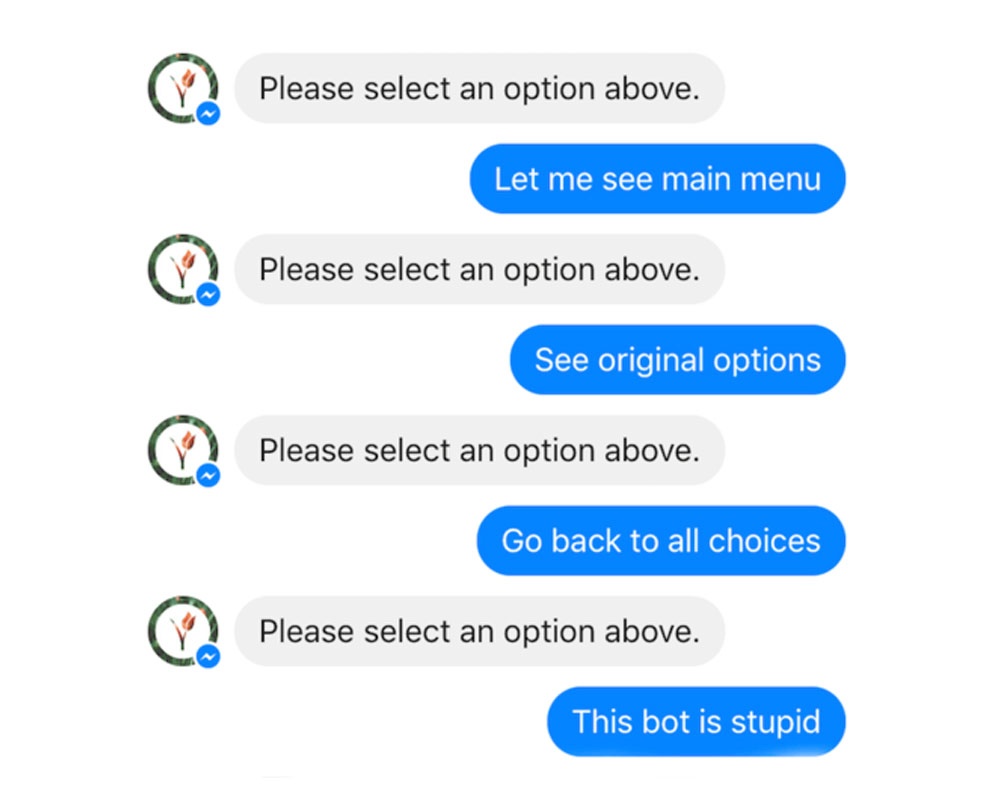
Case in Point: Bad Chatbot Gone Wild
The example above demonstrates the limitations of poorly designed chatbot development.
Final Thoughts
So, when it comes to AI, should we or shouldn’t we?
The reality is, it’s already a part of our lives, and there’s no turning back. But with careful, responsible development and regulatory control, we may be able to keep artificial intelligence from going rogue and eradicating the human race.
At least for now.


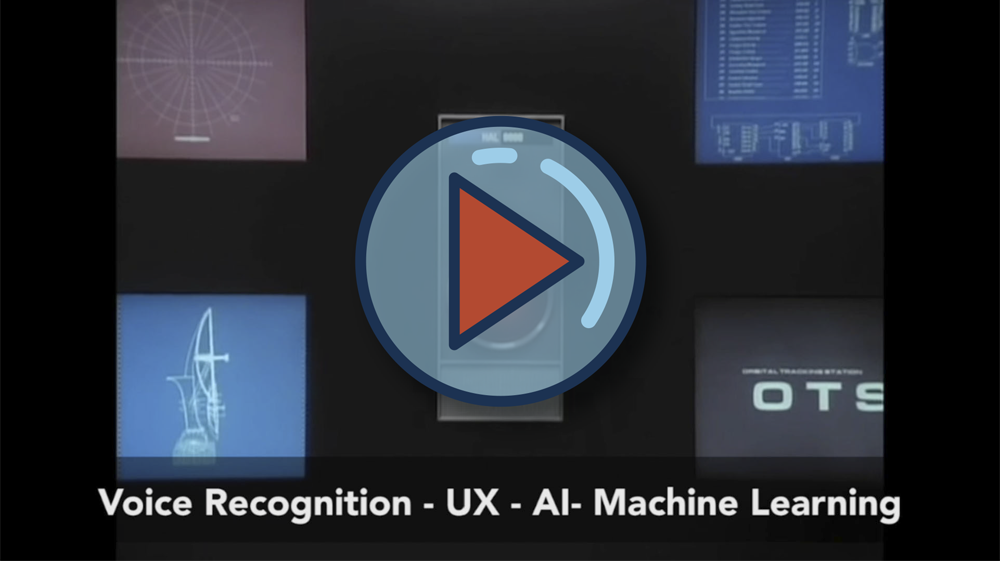


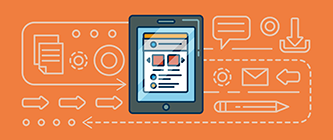
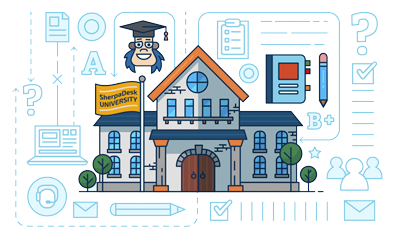

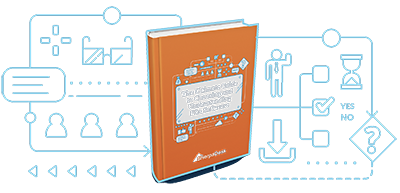

comments